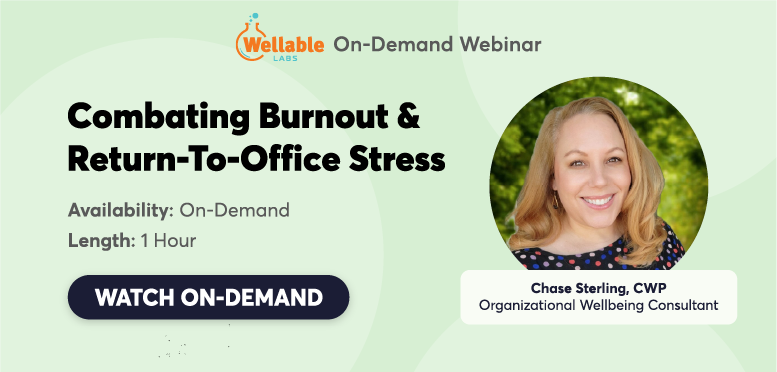Multinational accounting firm, PwC, is experimenting with a new time-off benefit in hopes that it will prevent burnout among workers and retain top talent. In addition to the paid-time off employees already receive, there will be company-wide shutdowns during the winter holiday season and major summer holidays. As a result, employees will no longer have to ration their paid-time off to use during busy holiday seasons, nor will they need to be concerned that they are missing important work tasks on these days.
PwC has previously implemented company-wide shutdowns during the last weeks of December through New Year’s Day. After receiving positive feedback, they are now adding Memorial Day, Independence Day, and Labor Day to their scheduled closures. These summer holidays are particularly suited to workers with children out of school and those who were already coordinating three-day weekends around these dates. However, PwC admits that some employees will need to work during these times when certain projects must be completed (such as end-of-year deadlines for audits and taxes). Those affected will receive additional time off to compensate.
While a simpler alternative to this benefit would be to just increase the amount of paid-time off given to all employees, the scheduled closures do add some unique benefits. First, by coordinating days off, employees do not need to worry about work-related obligations and can more fully disconnect and recharge. Secondly, many workplaces already see a substantial amount of their workforce take off around these times. Those that remain at work may not feel they can be as productive if they rely on out-of-office teammates to complete certain tasks. Additionally, some workers feel that they have to save vacation days for family obligations around the holiday season; thus, they may not take advantage of their vacation benefits throughout the rest of the year.

The Importance Of Vacations
One of the main reasons PwC is implementing company-wide time off is to help reduce employee burnout. If an employee becomes so involved with work that it consumes their life outside of the office, they can quickly burnout—depleting mental energy, stressing the body, deteriorating social relationships, and harming job performance.
Most of all, taking vacation improves mental health and recharges energy and focus for when an employee returns to their job. Anxiety, depression, and stress can all be exacerbated by a constant need to perform and succeed at job tasks. Time off can also be used to meet other non-work responsibilities that involve family, friends, community, personal health, and other hobbies. Achieving this healthy work-life balance ultimately leads to a happier, healthier lifestyle and better productivity in their career.
Encourage Employees To Recharge
For many employers, PwC’s strategy may not be realistic for their line of work or company goals. Furthermore, if employees are already given generous paid time off but are not taking advantage of these opportunities for relaxation, there may be a deeper problem when it comes to how they approach their job and well-being. Workers that have the most trouble disconnecting may not be fully relaxed even during required time away from the office.
Instead, employers should focus on creating a culture of wellness, communicating the benefits of time off, and making sure workers feel comfortable taking advantage of time off given. One of the easiest ways to highlight the importance of time off is by providing education on the accompanying wellness benefits and improvements to productivity. Clearly communicate that taking time off does not negatively impact work performance evaluations or opportunities for career advancement.

Employers should also establish policies that do not interfere with the purpose of this benefit. Policies that limit contacting employees on vacation (or even when work hours are over for weekdays or on weekends) can remove the pressure to be always available and decrease temptation to check business emails and notifications. Managers can lead by example; encourage them to take time off and completely disconnect from emails and tasks while away from the office.
When employees take initiative on managing time off, companies can be more confident that they are able to make positive decisions in other areas of well-being.













